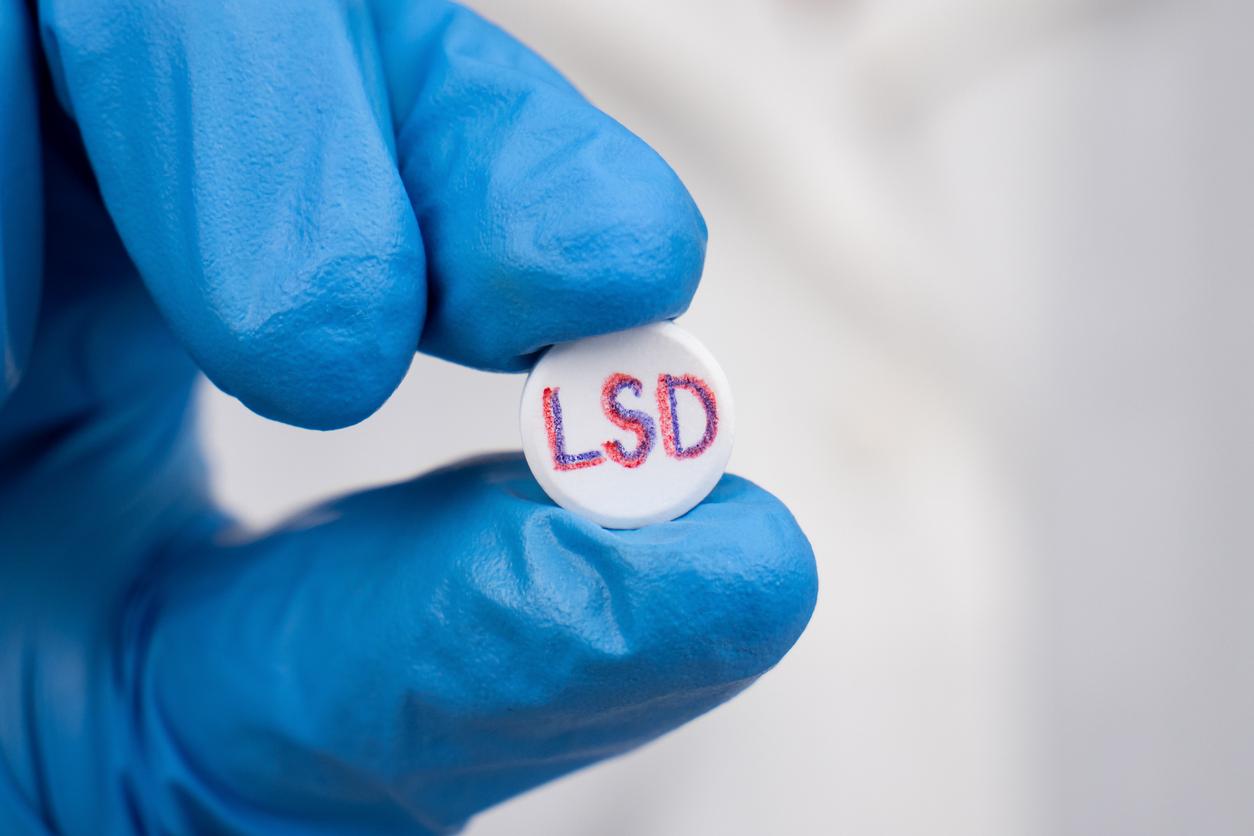In New York, the UN adopted a resolution endorsing the end of all drug repression, and a more health-focused approach.

It’s just a formula, but it means a lot. Meeting in New York for the first time in 18 years, the United Nations have declared the end of the “all repressive” on drugs, after forty years of a war waged in the greatest ineffectiveness. The resolution adopted during the UN special session on drugss (UNGASS, April 19-21, 2016) thus confirms this failure, and gives pride of place to prevention and care policies.
“Listen first”
The session was held at the request of Guatemala, Mexico and Colombia, countries particularly affected by drug-related damage, and the first witnesses of an inadequate policy. Like others, these states are calling for an alternative approach, more focused on reducing demand rather than reducing supply. In short, regulating consumption and listening to users – the logic of “listen first” that France defended during this meeting.
#ListenFirst “listen first” prevention is effective in combating drug usehttps://t.co/qFHmAQfPna
– Jourdain-Menninger (@DJMmildeca) April 20, 2016
“Priority must be given to an approach centered on public health and no longer on purely punitive responses”, urged the Guatemalan president, while his Mexican counterpart advocated “prevention mechanisms and integrated therapeutic solutions”, as well. that “proportionate penalties and alternatives to imprisonment”.
The resolution, drawn up in March in Vienna, now refers to “a society free from all drug abuse”, instead of the “drug-free world” held to be the ideal so far. If the concept of harm reduction does not appear in the text, it has been replaced by another, substantially similar theoretical formula: “reduction of the harmful consequences of substance abuse”.
Paradigm shift?
The resolution advocates measures to reduce this damage, which requires a form of pragmatism contradictory with the moral approach to consumption. This pragmatism is substitution therapy, lower risk consumption rooms, naloxone (antidote to opioid overdoses), needle exchange programs, etc.
This is an important paradigm shift, even if it is important not to go too fast. Bringing together the visions and interests of 193 States on the delicate question of drugs is currently a utopia. As proof, the resolution does not include the ban on the death penalty, rejected by several countries including China, Indonesia and Iran. The non-binding text is already disappointing many players, who denounce too timid progress, a lack of transparency and consultation with NGOs.
.

















